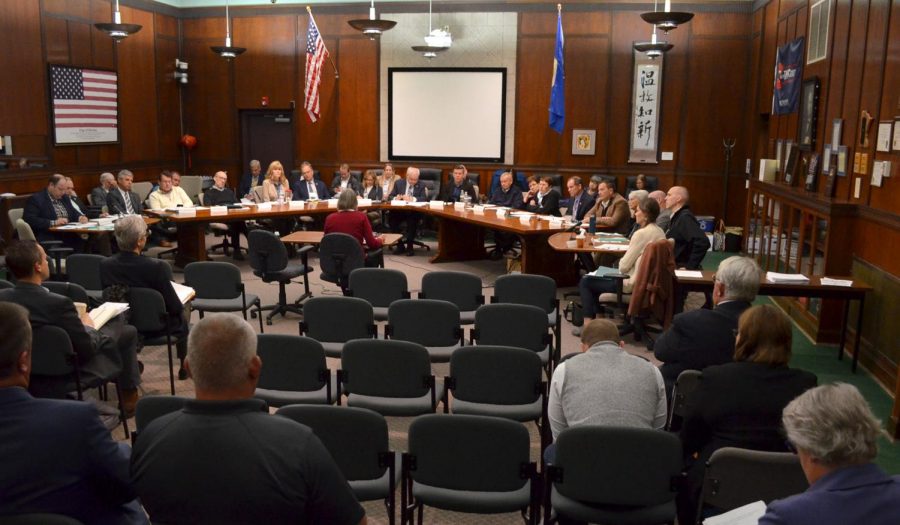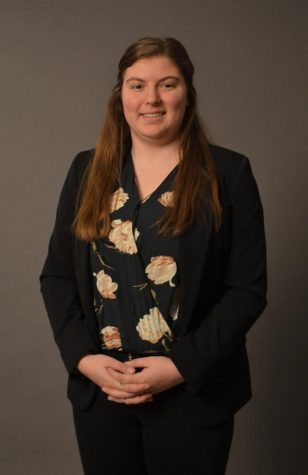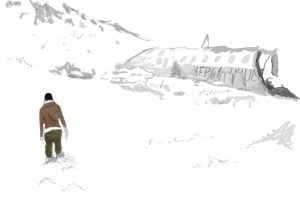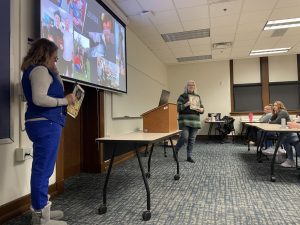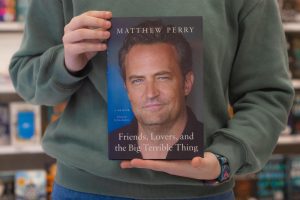House of Representatives hosts mini-sessions
For the first time in 22 years, the Minnesota House of Representatives traveled to Southeast Minnesota for a host of mini-sessions in Winona and the surrounding area Oct. 2-4. The ways and means committee met at city hall on Friday, Oct. 4 as a part of these mini-sessions to discuss budgetary concerns with local organizations who receive funding from the state.
October 9, 2019
From 1987-97, the Minnesota House of Representatives met outside of St. Paul 14 times for what are referred to as “mini sessions.” For 22 years, this has not been seen, but Oct 2-4, Minnesota was able to see the resurgence of a mini-session.
The Minnesota House of Representatives last met in Winona in September 1989, and 22 years later when Representative Gene Pelowski proposed the idea of bringing a session back to southeast Minnesota, the House was not opposed.
Oct. 1, the night before the session kicked off in Austin, Minnesota, Pelowski explained that the session was important because it would give the representatives a chance to listen to the locals.
“The purpose is to listen to people, on site, not lobbies, not government relations people. The people that do not have the ability to come to St. Paul, and we need to hear from them in two areas. We need to hear how well the previous session went, and then we need to hear from them on what we need to do for next session,” Pelowski said.
Speaker of the House Melissa Hortman further explained that aside from hearing the people, a lot more happens when the Representatives get on a bus and travel outside of St. Paul.
“We [get to see] it with our own eyes. How certain funding programs become a fixture in certain communities, like the Education Village or the Composite Engineering program. To see it, and how those investments become central to a community,” Hortman said.
There were two things that Winona State University President Scott Olson claims are important to students in this mini session. The first claim had to do with university funding as a whole, and the second related to a proposal the university wanted to make to build the first geothermal heated building in the state university system, a proposal still in its infancy.
Olson said it is important for lawmakers to know that affordability is important to students.
“[We want] to just let the legislature know that we need their help and that it’s important to our students to have high quality programs and it’s important to our students that its affordable to them,” Olson said.
The importance of speaking to the representatives about funding is to ensure Winona State can continue to have high quality programs and low tuition.
The mini-session was not structured to only hear from the city of Winona or Winona State students, the representatives also visited various areas in Southeast Minnesota, including Rochester and Austin.
Winona State, however, was able to host a variety of House Committees pertaining to both higher education and some issues in Winona as a whole.
Thursday, Oct. 3, Winona State hosted the Minnesota State House of Representatives Higher Education Committee in the new Education Village, a project that was funded several years ago by many of the same representatives.
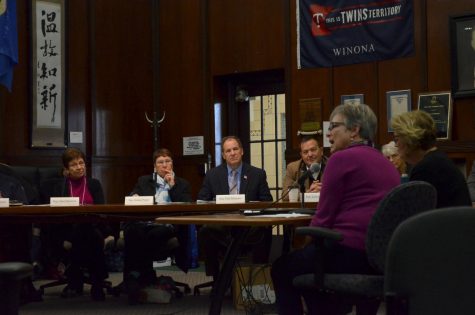
Members of the House of Representatives listen to Winona Area Public Schools School Board Chair Nancy Denzer speak about the importance of fully funding public education during a mini-session at city hall. The committee heard testimonials from several local groups who receive funding from the state, and many of these testimonials came from members of the education community.
After a tour of Education Village, representatives got to hear from three Winona State students as they testified on their experiences thus far at Winona State.
Denise McDowell, vice president for enrollment management and student life, said students Mercedes Williams, Jalen Crum and Ahmitara Alwal shared their experiences with the representatives.
“They shared with them where they were from, what they were majoring in, when they will graduate and what their experience at Winona State was like; [especially in regards to] the types of services they have had access to,” McDowell said.
McDowell further explained that because the students only had three minutes, they needed to prepare an elevator speech, asking themselves what they would want the representatives to take away from their message.
McDowell said the takeaway from their message appeared to be similar.
“[Their takeaways were] the enormous amount of services that we have here at Winona State and that students need to plug into them because not only do we have phenomenal academic programs, we have support services that keep you on track during moments of discouragement,” McDowell said.
Throughout their testimony, Williams, Crum and Alwal made numerous shout-outs to services here on campus including the Warrior Success Center, KEAP, The African American Students Association, the College of Liberal Arts, the College of Business, athletics and the financial aid office, among others.
The important point the students wanted to emphasize was that not only are they there when you are doing well, but they are there for you when things get tough and can be used as a fallback.
McDowell explained how honored the students were to be able to tell their stories to the Minnesota House of Representatives, and that they were shocked to be trusted with such an experience.
Senior political science major Mercedes Williams explained how grateful she was.
“I am very grateful to have had the opportunity to testify to the members of the Higher Education Committee in the House of Representatives,” Williams said. “It was an amazing experience and I look forward to seeing change within our higher education system.”
Representative and chairman of the K-12 Education Finance Committee, Jim Davnie, touched on what he and his committee took away from their time in Winona State’s Education Village.
Davnie first elaborated on how impressed the representatives were of the flexibility of the classrooms in the new Education Village and of Winona State’s growing Teacher Education Program.
“You can reconfigure it to better reflect that education is less of the teacher in the front of the classroom lecturing for an hour to the students in the rows. There are a lot of collaborative spaces in there” Davnie said. “There is great use of existing resources, so it’s economical, good finance, [and] maintains some of the charm of Winona.”
Post session, Hortman explained how she and the other representatives felt the mini-session went.
“Most people would say it was a success. What I am hearing from members is that they’ve learned a lot from the community and what we’ve heard from the community is that they are really grateful that we were here. They appreciate that instead of them getting in the car and driving up to St. Paul, we got in the car and drove down to Winona,” Hortman said.
The beauty of these mini-sessions, Hortman explained, is that because the representatives are not making decisions or debating during their time at the mini-sessions, the partisanship of the members takes a backseat and the members all sit together to listen to the concerns, comments and praises of the community members.
“The normal partisan behavior in the capital is then at a minimum. When representatives get on a bus and go somewhere together, the party labels melt away a little bit” Hortman said.
Overall, the general consensus from the representatives was that the first off-site session in 22 years was a success that provided the representatives with plenty of insight and learning opportunities to bring back with them to St. Paul.
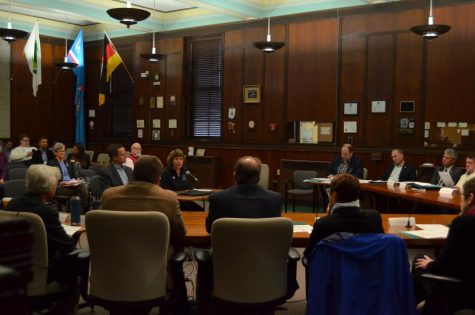
Ruth Charles, a professor of social work at Winona State University and IV-E Coordinator, speaks to the Minnesota House of Representatives ways and means committee during a mini-session at city hall on Friday, Oct. 4.





























